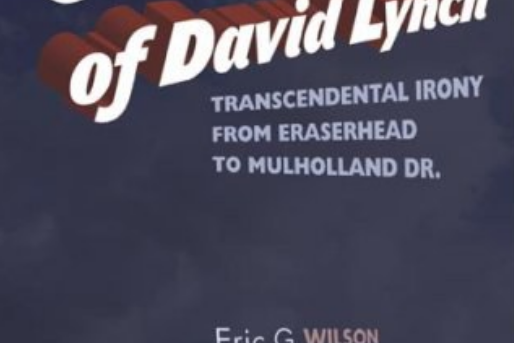作者簡介
Eric Wilson is Professor of English and Z. Smith Reynolds Faculty Fellow at Wake Forest University. He is the author of four books, including The Spiritual History of Ice: Romanticism, Science, and the Imagination (Palgrave, 2000).
媒體推薦
Eric G. Wilson quotes Rosselini's remark in "The Strange World of David Lynch: Transcendental Irony from Eraserhead to Mullholand Drive", which locates a wealth of spiritual meanings, connotations, and implications in five Lynch films. Wilson isn't the first scholar to look at Lynch in religious terms but he may be the most thoroughgoing and inventive. Nobody is suggesting that the pictures at hand all utterly original, hugely audacious, and fearlessly bizarre are Methodist Allegories, evangelical screeds, or coded Rosicrucian messages. What they do add up to, Wilson argues, is a body of "sacred "secular cinema" informed by a radical religiosity that enables Lynch to avoid two common philosophical mistakes: dualism, which divides the world into opposites like good-evil and order-chaos, and monism, which reduces the cosmos to some undifferentiated unity- all is material, all is spiritual, all is whatever.Lynch has pursued an open- ended journey into what Wilson calls transcendental irony, appearance and reality, creation and destruction, desire and fulfillment, nature and artifice, conscious and unconscious, form and formlessness, and all the multifaceted "antinomies of existence" of which a sensitively attunes spirit is exhilaratingly aware....Wilson throws in Transcendental Meditation, which Lynch learned from Maharishi Mahesh Yogi, the mantra-chanting guru who enlightened the Beatles a few decades ago. Lynch inconveniently insists that his films have nothing to do with religion, but this doesn't slow Wilson down for a second. It's just a neat example of the "earnest playfulness'' that makes Lynch so, well, Lynchian.'I don't mean to be facetious but if I do sound that way, chalk it up to the persuasive power of Wilson's own arguments, which are too serious to take themselves too seriously. A critic who admires Lynch for dodging the traps of monistic and dualistic thinking can't afford to fall into those very pitfalls, and since cinema scholarship spends
目錄
Introduction: The Religion of David Lynch; Chapter One: Eraserhead and the Darkness of God; Chapter Two: Blue Velvet and the Blessed Virgin; Chapter Three: Wild at Heart: The Quest for the Grail; Chapter Four: The Wasteland of Lost Highway; Chapter Five: Mulholland Dr. and the Dream Vision; Chapter Six: David Lynch's Nihilism.

